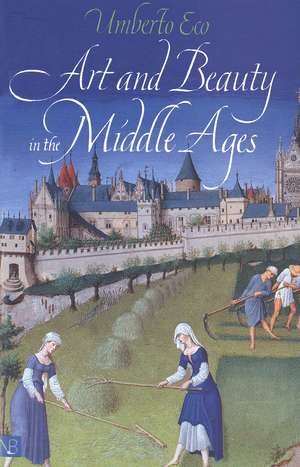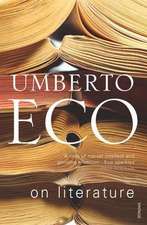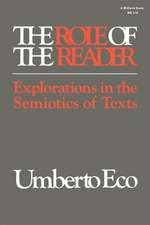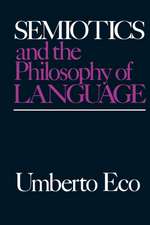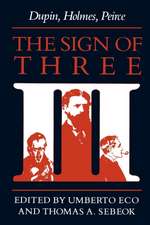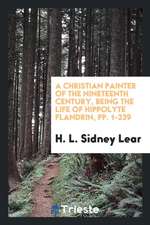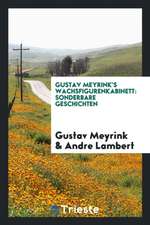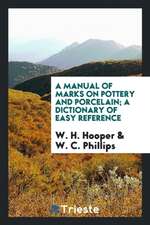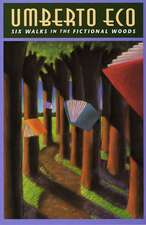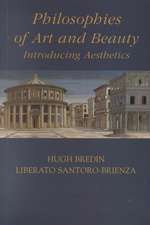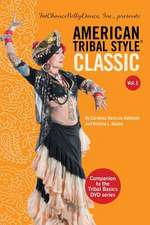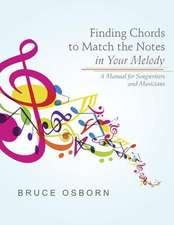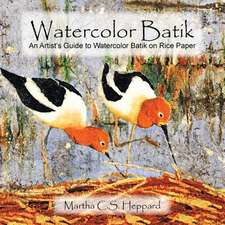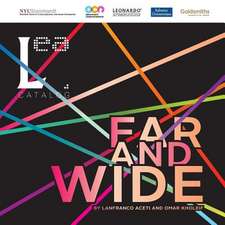Art and Beauty in the Middle Ages
Autor Umberto Eco Traducere de Hugh Bredinen Limba Engleză Paperback – 8 feb 2002
In this authoritative, lively book, the celebrated Italian novelist and philosopher Umberto Eco presents a learned summary of medieval aesthetic ideas. Juxtaposing theology and science, poetry and mysticism, Eco explores the relationship that existed between the aesthetic theories and the artistic experience and practice of medieval culture.
“[A] delightful study. . . . [Eco’s] remarkably lucid and readable essay is full of contemporary relevance and informed by the energies of a man in love with his subject.” —Robert Taylor, Boston Globe
“The book lays out so many exciting ideas and interesting facts that readers will find it gripping.” —Washington Post Book World
“A lively introduction to the subject.” —Michael Camille, The Burlington Magazine
“If you want to become acquainted with medieval aesthetics, you will not find a more scrupulously researched, better written (or better translated), intelligent and illuminating introduction than Eco’s short volume.” —D. C. Barrett, Art Monthly
“[A] delightful study. . . . [Eco’s] remarkably lucid and readable essay is full of contemporary relevance and informed by the energies of a man in love with his subject.” —Robert Taylor, Boston Globe
“The book lays out so many exciting ideas and interesting facts that readers will find it gripping.” —Washington Post Book World
“A lively introduction to the subject.” —Michael Camille, The Burlington Magazine
“If you want to become acquainted with medieval aesthetics, you will not find a more scrupulously researched, better written (or better translated), intelligent and illuminating introduction than Eco’s short volume.” —D. C. Barrett, Art Monthly
Preț: 74.16 lei
Nou
Puncte Express: 111
Preț estimativ în valută:
14.19€ • 15.42$ • 11.93£
14.19€ • 15.42$ • 11.93£
Carte disponibilă
Livrare economică 31 martie-14 aprilie
Livrare express 14-20 martie pentru 17.44 lei
Preluare comenzi: 021 569.72.76
Specificații
ISBN-13: 9780300093049
ISBN-10: 0300093047
Pagini: 144
Dimensiuni: 127 x 197 x 12 mm
Greutate: 0.18 kg
Ediția:2 Rev ed.
Editura: Yale University Press
Colecția Yale University Press
Locul publicării:United States
ISBN-10: 0300093047
Pagini: 144
Dimensiuni: 127 x 197 x 12 mm
Greutate: 0.18 kg
Ediția:2 Rev ed.
Editura: Yale University Press
Colecția Yale University Press
Locul publicării:United States
Recenzii
"[A] delightful study. . . . His remarkably lucid and readable essay is full of contemporary relevance and informed by the energies of a man in love with his subject."—Robert Taylor, Boston Globe
"A model of what a historical survey should be."—Richard J. Morris, Los Angeles Times
"This survey of the aesthetics off medieval Latin civilization . . . reveals the insight and eloquence that would later gain him worldwide fame after the release of his novel, The Name of the Rose."—Alida Beccker, Philadelphia Inquirer
"An original and illuminating synthesis of disciplines usually treated separately."—Sunday Times
"The book lays out so many exciting ideas and interesting facts that readers will find it gripping."—Washington Post Book World
"Fresh and useful in this highly readable translation. . . . A brief but accurate introduction to a vast field."—Library Journal
"For as complex as this book is, it is written lucidly and engagingly and gets its points across in a concise and interesting manner."—Patricia L. Kleeberger, Art Documentation
"This study stands by itself as a monograph on the development of the aesthetic principles and problems that engaged the Schoolmen from the sixth through the 15th century. More than a history of theory, this essay is an absorbing synthesis of theology, science, poetry, and mysticism with artistic theory and practice—providing comprehensive insight into medieval culture."—Choice
"Some original insights into an era that was previously regarded by many as devoid of aesthetic ideals and criteria."—Kirkus Reviews
"A welcome paperback edition of a translation first published in 1986 of the original Sviluppo dell'estetica medievale."—Manuscripta
"Offer[s] as good a general introduction to medieval aesthetics and art theory as one is likely to find in English. . . . The book is filled . . . with quite wonderful material."—Russell Peck, The Baltimore Morning Sun
"A model of what a historical survey should be."—Richard J. Morris, Los Angeles Times
"This survey of the aesthetics off medieval Latin civilization . . . reveals the insight and eloquence that would later gain him worldwide fame after the release of his novel, The Name of the Rose."—Alida Beccker, Philadelphia Inquirer
"An original and illuminating synthesis of disciplines usually treated separately."—Sunday Times
"The book lays out so many exciting ideas and interesting facts that readers will find it gripping."—Washington Post Book World
"Fresh and useful in this highly readable translation. . . . A brief but accurate introduction to a vast field."—Library Journal
"For as complex as this book is, it is written lucidly and engagingly and gets its points across in a concise and interesting manner."—Patricia L. Kleeberger, Art Documentation
"This study stands by itself as a monograph on the development of the aesthetic principles and problems that engaged the Schoolmen from the sixth through the 15th century. More than a history of theory, this essay is an absorbing synthesis of theology, science, poetry, and mysticism with artistic theory and practice—providing comprehensive insight into medieval culture."—Choice
"Some original insights into an era that was previously regarded by many as devoid of aesthetic ideals and criteria."—Kirkus Reviews
"A welcome paperback edition of a translation first published in 1986 of the original Sviluppo dell'estetica medievale."—Manuscripta
"Offer[s] as good a general introduction to medieval aesthetics and art theory as one is likely to find in English. . . . The book is filled . . . with quite wonderful material."—Russell Peck, The Baltimore Morning Sun
Notă biografică
Umberto Eco is the author of many books, including The Name of the Rose, Foucault’s Pendulum, Experiences in Translation, and The Island of the Day Before.
